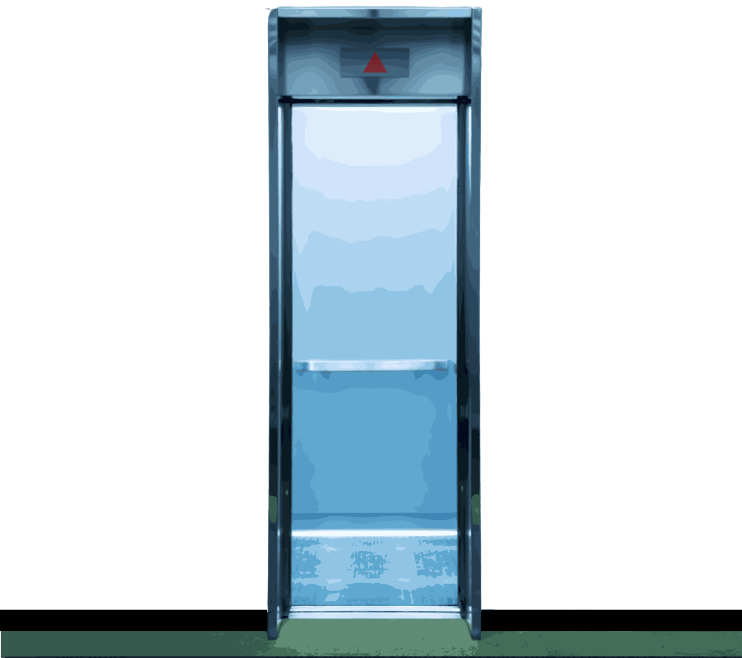We all have that one friend who spends countless hours through the night trying to unlock the next level of their favorite video game. Or that one friend who chooses to binge watch every season of “Friends” the night before a test. Or maybe you’re that person who opens a Harry Potter book and gets lost in the magical world of Hogwarts, only to realize hours later that you haven’t started any of your homework. At some point during our busy days, we are all that person.
Although teachers and parents may view this behavior as procrastination, we are only trying to escape the hustle and bustle of our hectic lives. Adults, whether they admit it or not, indulge in escapism as well. Although they might not play video games all night, they have their own methods of escaping their responsibilities in life. Perhaps they read a book before going to bed or they clean the house a few times like my parents do. So why do we engage in seemingly pointless activities when we have so many other responsibilities?
It’s not procrastination or laziness. It’s a psychological concept known as escapism, which is habitual distraction to an imaginary world or entertainment to escape from reality. Although escapism has always existed, the vast array of technology at our fingertips allows us to escape with an easy click of a button.
Middle School Counselor Rylan Smith believes that our natural instincts are to blame for choosing to escape instead of confronting our fears or stressors.
“Naturally we have fight or flight instincts,” Smith said. “The problem is [that] for a lot of people, flight is easy; fight is very uncomfortable. It requires that you be aggressive, stand up for whatever is going on and face it head on.”
Most of us often resort to the easier option—flight.
Escapism allows us to travel to a more preferable world with no responsibilities, and technology provides immediate access to such a world. Simply playing video games lets us dissociate with our imperfect selves by pretending to be someone we are not.
In 2013, University of Georgia Psychologist Graham Collier wrote in Psychology Today about the connection between escapism and technology.
“I would suggest that the real form of escapism nowadays is the compulsive need to constantly be engaged in living an electronic life of fact finding, problems solving, video game playing and personal chit chat,” Collier said.
While these behaviors may seem benign, Collier warns that escaping can mean a person is avoiding time for self reflection. The more we escape, the less time we have to self-reflect about our choices in life, which could lead to poor future decisions. Collier also argues that being in a world where technology is everywhere, we feel the need to escape to the comforts of our phones or tablets.
Escaping also becomes more tempting when most of our school work is digital. Laptops are required for most classes here at Trinity, which means students must have self control to not distract themselves. Unfortunately this is something that many students lack.
Since people will eventually find themselves escaping regardless of their self control, it is important to acknowledge that they are escaping and limit how much they do. Some students make use of an app that restricts going onto certain websites that could be distracting such as Netflix or Facebook. Others make a strict schedule about how many chapters they can read before they watch an episode of “Game of Thrones”. Either way, it is essential to know when to indulge in escapism and when to return to reality.
Although escapism serves the same purpose, people turn to different avenues to escape.
“Some people get lost in a book,” Smith said. “Some people use their sports or their extracurriculars. Some pick fights because then they have something they can focus on.”
When faced with a problem like a test or homework, some people escape into bad behavior or start drama with friends in order to create new problems they can actually control.
“It’s important to remember that our stressors aren’t going away, especially if we choose not to deal with them,” Smith said.
Although escapism can serve as a coping technique for stress, it is important to realize when it is becoming an issue and when it’s time to stand up and face the issue at hand.
As a matter of fact, you are probably escaping as you read this article. Maybe you’re a teacher reading this newspaper to look busy. Maybe you are a student reading this in advisory trying to avoid contact with your awkward advisory members. Possibly you are trying to forget about that college application you haven’t started yet. You might have reading for AP Literature due next period, but instead you are reading this to escape the harsh realities of your life that you must return to once the bell rings. But, go ahead, escape. It’s good for you.















The Chief • Apr 23, 2018 at 5:47 am
Thanks for this. Great content that I’ll definitely share with my friends.